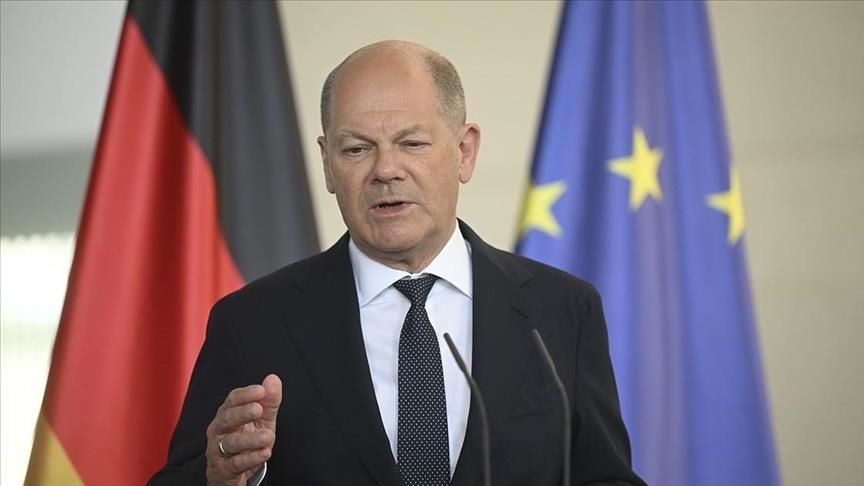
BERLIN
Germany called Monday for stepped-up international efforts to combat the AIDS epidemic.
The global community must work together towards the goal of ending the AIDS epidemic by 2030, Chancellor Olaf Scholz said in his opening speech at the 25th World AIDS Conference in Munich.
“Although we are making progress, there is still a long way to go. One person dies of AIDS every minute, one person every minute. That is something we have to change,” he added.
While the Chancellor vowed that his country would continue to support these efforts, he appealed to other donor countries to provide even more financial support, according to the German medical journal Aerzteblatt.
The World Health Organization (WHO) in particular needs more international support, according to Scholz.
An overall strategy against HIV and AIDS must focus on additional research, better prevention, patient-centered education and information as well as a determined fight against discrimination, said the German leader.
Munich is hosting the world's largest scientific meeting to combat the AIDS virus, with more than 10,000 participants expected at the conference.
At the invitation of the International AIDS Society (IAS), doctors, health experts and activists from more than 175 countries are scheduled to discuss how the pathogen HIV and AIDS, or acquired immune deficiency syndrome, can be further contained.
The meeting is taking place in Germany for the first time in more than three decades, as experts met in Berlin in 1993.
The number of deaths has reportedly been reduced to less than a third since 2004, when around two million people died worldwide because of AIDS.
Nevertheless, according to figures from the Joint United Nations Program on HIV/AIDS (UNAIDS), one person currently dies every minute from AIDS.
Infections are rising again, especially in Eastern Europe. In Africa, they remain high, despite much progress in the fight against HIV.
According to UNAIDS, almost 40 million people worldwide were living with the virus in 2022, and around a quarter -- 9.2 million -- had no or insufficient access to therapies.








